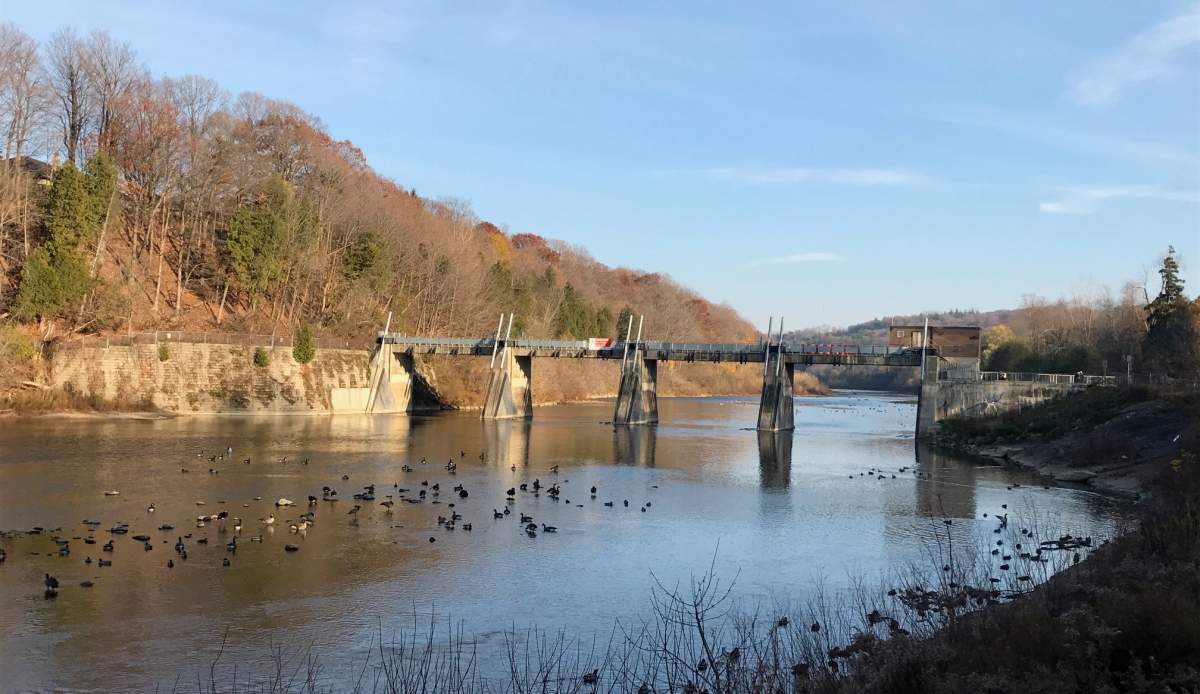The decade-long debate over the Springbank Dam has come to an end.

City staff’s recommendation to decommission the dam was brought to full council on Tuesday evening where it passed by a vote of 13-0.
“I’m pleased. A free-flowing river is a healthier river,” said Ward 9 Coun. Anna Hopkins.
“It’s something the community has spoken loudly about, with 70 per cent of Londoners supporting the decommissioning alternative.”
Last week, London’s civic works committee also unanimously endorsed the recommendation.
“When you look at the scientific evidence and the results coming out of the environmental assessment, it’s very clear about the impacts on the species at risk. There are over 74 different species of various levels of threatened, endangered and at-risk that would be affected,” said Ward 4 Coun. Jesse Helmer.
Besides local support and scientific evidence backing the decommissioning of the west-end dam, there was also the issue of obtaining the proper permits.

Get daily National news
“We would need to show great economic benefits in fixing the dam in order to get the permits to allow us to fix it, and even then, who knows if we would get those permits,” said Hopkins.
The dam has been locked in the open position since getting stuck during a test in 2008, with WWF Canada, the Thames River Anglers Association, and the Chippewas of the Thames First Nation (COTFN) among those calling for it to be taken apart.
Although those who wanted the dam fixed — such as kayakers and canoeists — may not be happy with the decision, Helmer urged them to continue to press for a viable space for those activities.
“I would encourage those folks to continue to advocate for the kind of recreational amenities they want to see in the city. If it’s not going to be on the river the way they like, where else could it be? Perhaps there’s something we can do as a council on that front,” said Helmer.
As for what’s next in the decommissioning process, Hopkins said there’s still a lot of work to be done.
“There could be another environmental assessment, we don’t know. A structural report will need to be done. There’s a number of things that have to happen to see how we will decommission it, and that will be another conversation into the future,” said Hopkins.
City staff have been directed to report back with recommendations on the process of decommissioning the Springbank Dam in March.
— With files from Liny Lamberink











Comments